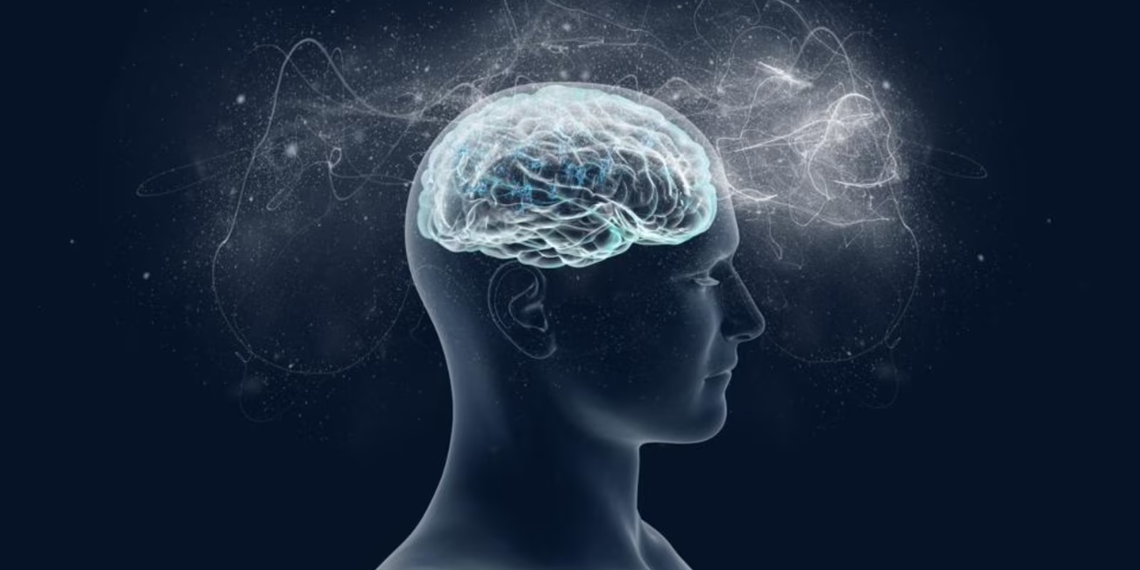Introduction
Mental health has long been a topic shrouded in stigma and misconceptions in India. However, in recent years, the conversation surrounding mental health has begun to change, with increased awareness, acceptance, and understanding. This article explores the factors driving this shift in perspective and the ongoing efforts to further mental health awareness and support in India.
Breaking the Stigma
One of the most significant barriers to mental health awareness in India has been the deep-rooted stigma attached to mental illness. People with mental health issues have often faced discrimination, social exclusion, and a lack of understanding from their families and communities. However, the conversation around mental health is gradually evolving, with more individuals and organizations working to break down the stigma and encourage open dialogue.
Celebrities and public figures have played a crucial role in this transformation, with many sharing their own experiences with mental health issues and advocating for mental health awareness. By opening up about their struggles, these influencers have helped to normalize the conversation around mental health and challenge societal perceptions.
Media and Mental Health
The media has also played a part in changing the conversation around mental health in India. More movies, TV shows, and documentaries are addressing mental health issues, often portraying them in a sensitive and accurate manner. This increased representation not only raises awareness but also helps to dispel myths and stereotypes associated with mental illness.
Furthermore, social media platforms have become important tools for mental health advocacy. Mental health organizations, support groups, and individuals are using social media to share information, resources, and personal stories, fostering a sense of community and support for those struggling with mental health issues.
Access to Mental Health Services
As mental health awareness grows, there has been a corresponding increase in the demand for mental health services. Recognizing the need for accessible and affordable mental health care, the Indian government has introduced the National Mental Health Programme and the Mental Healthcare Act, aimed at strengthening mental health services and protecting the rights of people with mental illness.
Non-governmental organizations (NGOs) and private sector initiatives have also emerged to fill the gaps in mental health care. Organizations like The Live Love Laugh Foundation, Manas Foundation, and The Minds Foundation, among others, are working to provide mental health services, conduct awareness campaigns, and support research in the field.
Education and Training
Enhancing mental health literacy among the general public, as well as healthcare professionals, is essential for promoting mental health awareness and support. Schools, colleges, and workplaces should incorporate mental health education into their curricula and training programs, helping individuals develop a better understanding of mental health issues and fostering a supportive environment.
Healthcare professionals, including general physicians and community health workers, should receive specialized training in mental health care to improve the identification, diagnosis, and treatment of mental health issues at the primary care level.
Conclusion
The conversation around mental health in India is changing, driven by increased awareness, advocacy, and access to mental health services. While significant progress has been made, more work is needed to ensure that mental health is recognized as a critical component of overall well-being and that support is available for those in need. By continuing to break down the stigma, educate the public, and improve access to mental health care, India can build a more inclusive and compassionate society that values the mental health of all its citizens.







